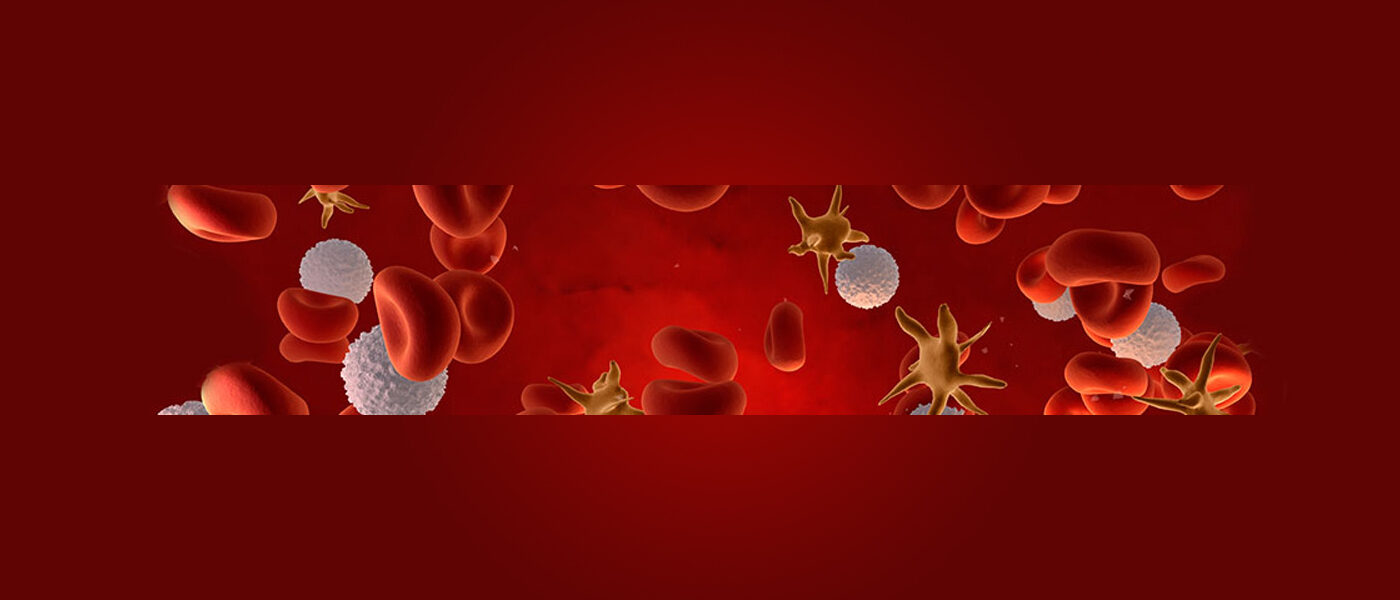Laboratory Tests
The McMaster Platelet Immunology Laboratory is licensed under the Hamilton Regional Laboratory Medicine Program with a mission to provide primary testing and investigations for patient samples referred from other centres.
It is the designated reference laboratory for the Province of Ontario for alloimmune-mediated platelet disorders.
The McMaster laboratory is the Canadian reference laboratory associated with the International Platelet Nomenclature Committee International Society of Thrombosis and Haemostasis.
Specialized test methods are used to provide comprehensive investigations to support diagnosis and management.
Please click on the titles below for information on sample requirements and testing.
Hours of Operation:
Monday – Friday: 9am – 5pm
**Frozen samples are accepted at any time, including after-hours**
Expandable List
Laboratory testing for investigation of VITT requires confirmation that the antibody will react with PF4 and produce positive results in the anti-PF4/heparin immunoassays. Some automated rapid immunoassays for HIT antibodies, such as the chemiluminescence immunoassay (CLIA) may produce negative results. The diagnosis of VITT requires confirmation in a functional assay such as the Serotonin Release Assay (SRA) with heparin (standard SRA) and with PF4 added instead of heparin. These tests were developed and are currently available in the McMaster Platelet Immunology Laboratory.
Test Methods:
Serotonin Release Assay (SRA) and modified SRA and PF4/heparin EIA
Information and Form:
Laboratory testing for investigation of HIT requires confirmation that the antibody will activate platelets in a heparin-dependent manner using a platelet functional assay. The Serotonin Release Assay (SRA) developed in the McMaster Platelet Immunology Laboratory is the gold standard for the diagnosis of heparin-induced thrombocytopenia. The SRA is a functional test that detects pathologic HIT antibodies with high sensitivity and specificity. The McMaster Platelet Immunology laboratory provides comprehensive HIT testing using the Serotonin Release Assay and anti-PF4/heparin EIAs.
Test Methods:
Serotonin Release Assay (SRA) and PF4/heparin EIA
Information and Form:
- Specimen collection: Heparin-Induced Thrombocytopenia (HIT) Sample Requirements
- Patient Requisition Form – v2023-12
Publication:
The McMaster Platelet Immunology Laboratory provides comprehensive investigation for neonatal alloimmune thrombocytopenia and is the reference laboratory for the Province of Ontario for investigation of alloimmune-mediated platelet disorders. Investigations include assessment of maternal-paternal/fetal antigen incompatibility and testing maternal serum for the presence of anti-platelet antibody. Maternal serum is investigated for the presence of maternal platelet alloantibodies to both known and novel platelet antigens using a Human Platelet Antigen glycoprotein-specific EIA and a sensitive immunoprecipitation assay. Paternal platelets are used to identify maternal antibodies to novel or low frequency antigens. PCR methods are used to determine the genotype type of maternal and paternal platelets. Comprehensive testing of fetal samples from amniocentesis is offered. The comprehensive report includes a risk assessment for the diagnosis of NAIT for current and future pregnancies. Patients with transfusion-related antibodies and those with post-transfusion purpura are investigated using similar methods.
Test Methods:
- Genotyping: Maternal/Paternal antigen incompatibility and fetal risk assessment
- Serology: Glycoprotein-specific-EIA and Radioimmunoprecipitation
- Maternal antibody to Human Platelet Antigens and to paternal platelet antigens
Information and Form:
- Specimen collection: Neonatal Alloimmune Thrombocytopenia (NAIT) and Post-Transfusion Purpura (PTP) Sample Requirements
- Patient Requisition Form – v2023-12
Publication
The McMaster Platelet Immunology Laboratory provides investigation for autoantibodies in patients with ITP using assays that measure antibodies to specific platelet glycoproteins, as opposed to measurement of platelet-associated antibody which has a poor specificity and is generally uninformative. Platelets from patients with suspected ITP and tested directly for glycoprotein-specific antibodies, including antibodies directed to platelet GPIIbIIIa and GPIbIX.
Test Methods:
Glycoprotein-specific Monoclonal antibody-based EIA
Information and Form:
- Specimen collection: Immune Thrombocytopenia (ITP) Sample Requirements
- Patient Requisition Form – v2023-12
Publication:
The McMaster Platelet Immunology Laboratory provides comprehensive testing for ADAMTS?13 function and levels for the investigation of patients with microangiopathic hemolytic anemia and thrombocytopenia including TTP and atypical hemolytic uremic syndrome (aHUS). Tests include a functional assay of ADAMTS?13 activity and quantitative assays to measure the level of ADAMTS-13 and anti-ADAMTS-13 antibodies.
Test Methods:
- ADAMTS-13 activity: VWF digestion assay
- ADAMTS-13 level: Quantitative EIA
- ADAMTS-13 autoantibody-inhibitor: Quantitative EIA
Information and Form:
The McMaster Platelet Immunology Laboratory provides testing for drug-induced thrombocytopenia.
Test Methods:
Measurement of drug-dependent antibody binding by flow cytometry
Information and Form:
The McMaster Platelet Immunology Laboratory provides testing for platelet glycoprotein Ib/IX and IIb/IIIa for investigation of congenital bleeding disorders, Bernard Soulier Syndrome and Glanzmann’s Thrombasthenia.
Test Methods:
Measurement of specific surface platelet glycoproteins by flow cytometry

